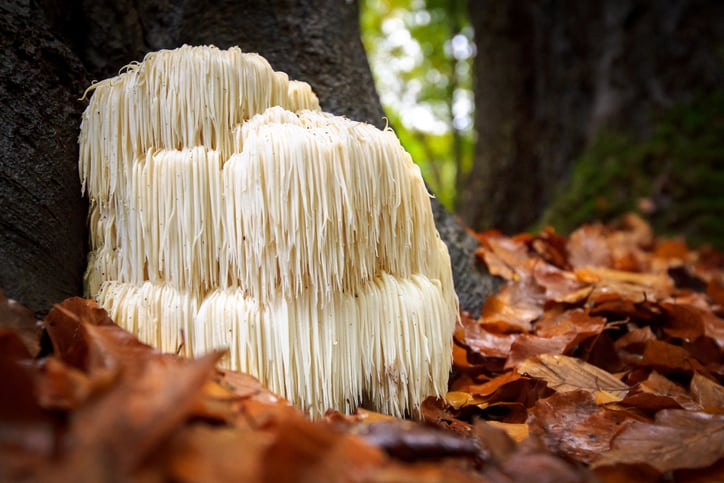Researchers from Beyond Alcohol Ltd., the University of Surrey and other institutions worldwide called the results “inconclusive” and recommended further studies in healthy populations.
“Whilst improved scores on certain cognitive measures suggest potential benefits to motor dexterity, this finding was contradicted by negative results in other tests,” they wrote in Frontiers in Nutrition.
“Further studies in healthy populations could clarify the mixed results of this study and expand our knowledge of the therapeutic potential of H. erinaceus for the wider population.”
Lion’s mane research and the mushroom trend
Experts have previously called for acute trials that measure early cognitive benefits of mushroom products. Much of the existing evidence has focused on the longer-term benefits of mushrooms in older adults with cognitive issues such as dementia and depression.
A 2023 study was reportedly the first to examine the effects of lion’s mane on cognition in healthy subjects. The results suggested that in young adults, a single dose may improve speed and performance an hour after ingesting and reduce stress after 28 days of supplementation.
Scientists are also suggesting that lion’s mane may support cardiovascular function and nerve repair, making it a top functional ingredient for consumers.
Increasing exposure on TV and online has led to reports of Google searches increasing by 450% in some weeks and 100% growth year on year for some European suppliers, as lion’s mane overtakes reishi as the number one bestselling mushroom.
However, the current study notes the variability of mushroom supplements due to differences in raw materials, extraction methods and active constituents.
“For example, extracts derived from the fruiting body of Hericium erinaceus, as regulated by the EU Novel Foods Catalogue, differ from those utilizing both fruiting body and mycelium,” the researchers wrote.
Study details
The acute randomized, placebo-controlled, double-blinded, cross-over intervention study involved 18 healthy adults between the ages of 18 and 35. They consumed a drink containing H. erinaceus (lion’s mane) fruiting body extract (3 g of 10:1 extract) or placebo and were assessed for cognitive function and mood at baseline and 90 minutes after consumption. There was a washout period of one week, followed by the second crossover test.
Beyond Alcohol Ltd. (trading as Three Spirit Drinks) funded the study. It markets non-alcoholic drinks containing botanical extracts, including lion’s mane.
The results showed no overall significant effect on cognitive function or mood. However, “when cognitive tasks were analyzed individually, acute consumption of H. erinaceus resulted in improved psychomotor skill,” the researchers wrote.
“Interestingly, our investigation unveils the potential advantages of a single H. erinaceus dose on psychomotor skill/manual dexterity in a young and healthy cohort, as evidenced by improved performance on the pegboard test,” they noted.
Source: Frontiers in Nutrition. doi: https://doi.org/10.3389/fnut.2025.1405796. “Acute effects of a standardised extract of Hericium erinaceus (Lion’s Mane mushroom) on cognition and mood in healthy younger adults: a double-blind randomised placebo-controlled study”. Authors: G. Surendran et al.

